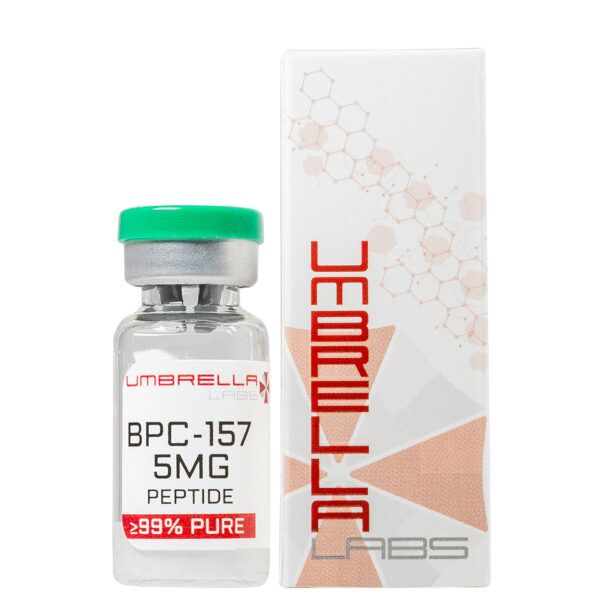Features
bpc 157 peptide, bpc 157 benefits,side effects of bpc 157
BPC-157 Effects on Growth Hormone Receptors
In a separate study, the effect BPC-157 has on the healing processes of various types of tissues was examined. Chang et. Al used male Sprague-Dawley and supplemented them with BPC-157 and isolated tendon fibroblasts in the achilles tendon. The study concluded that in a time-dependent and dose-dependent manner, supplementation with BPC-157 greatly increased the up-regulation of growth hormone.
BPC-157 Effects on Nervous System Injuries
A popular study conducted by Perovic et. Al, 12 week old male Wistar albino rats underwent spinal cord surgery at L2-L3 in order to eliminate loss of motor function in the tail. The level of autonomy as well as the spasticity in the tail was checked at various points over a 360 day period.
